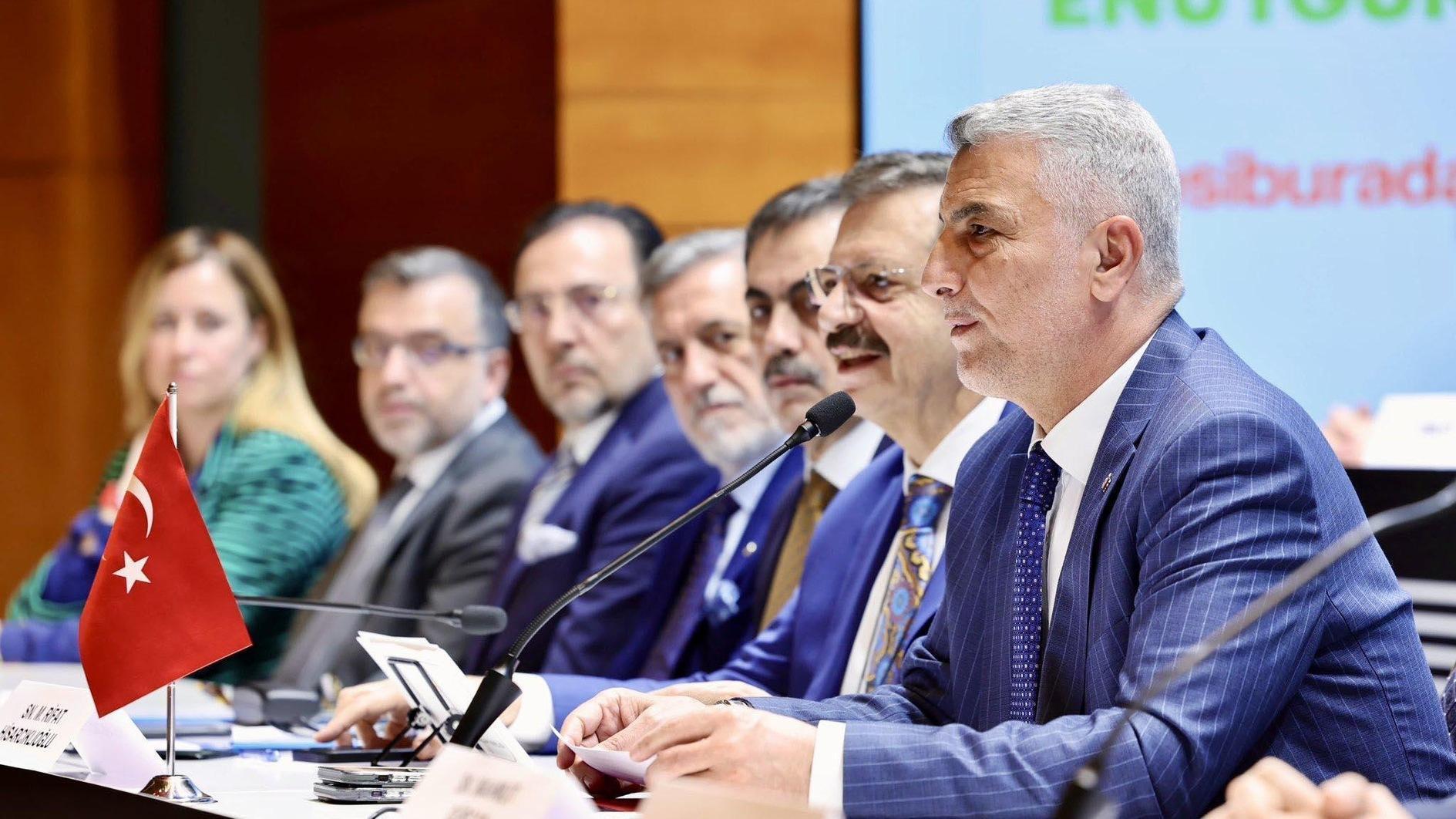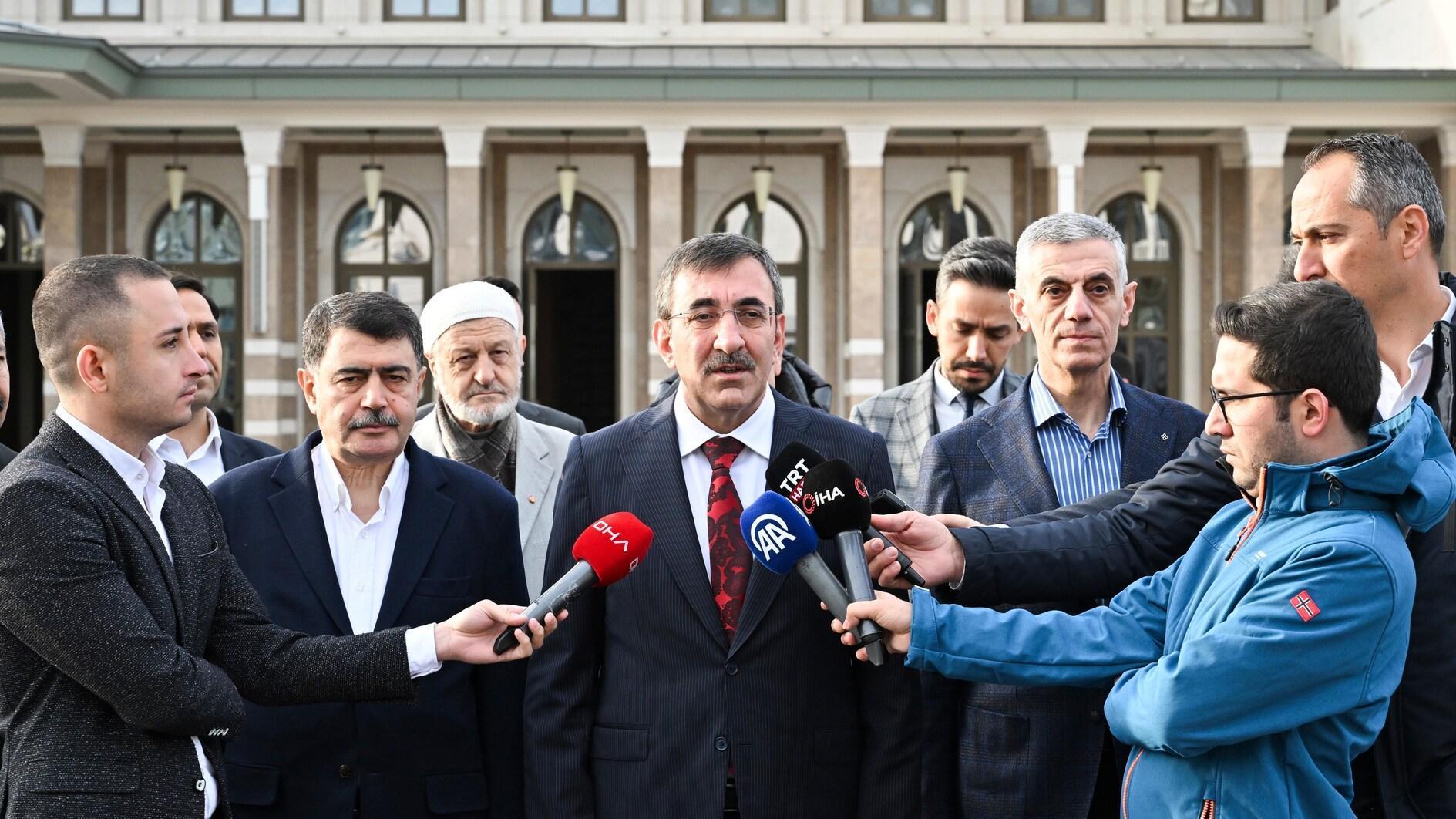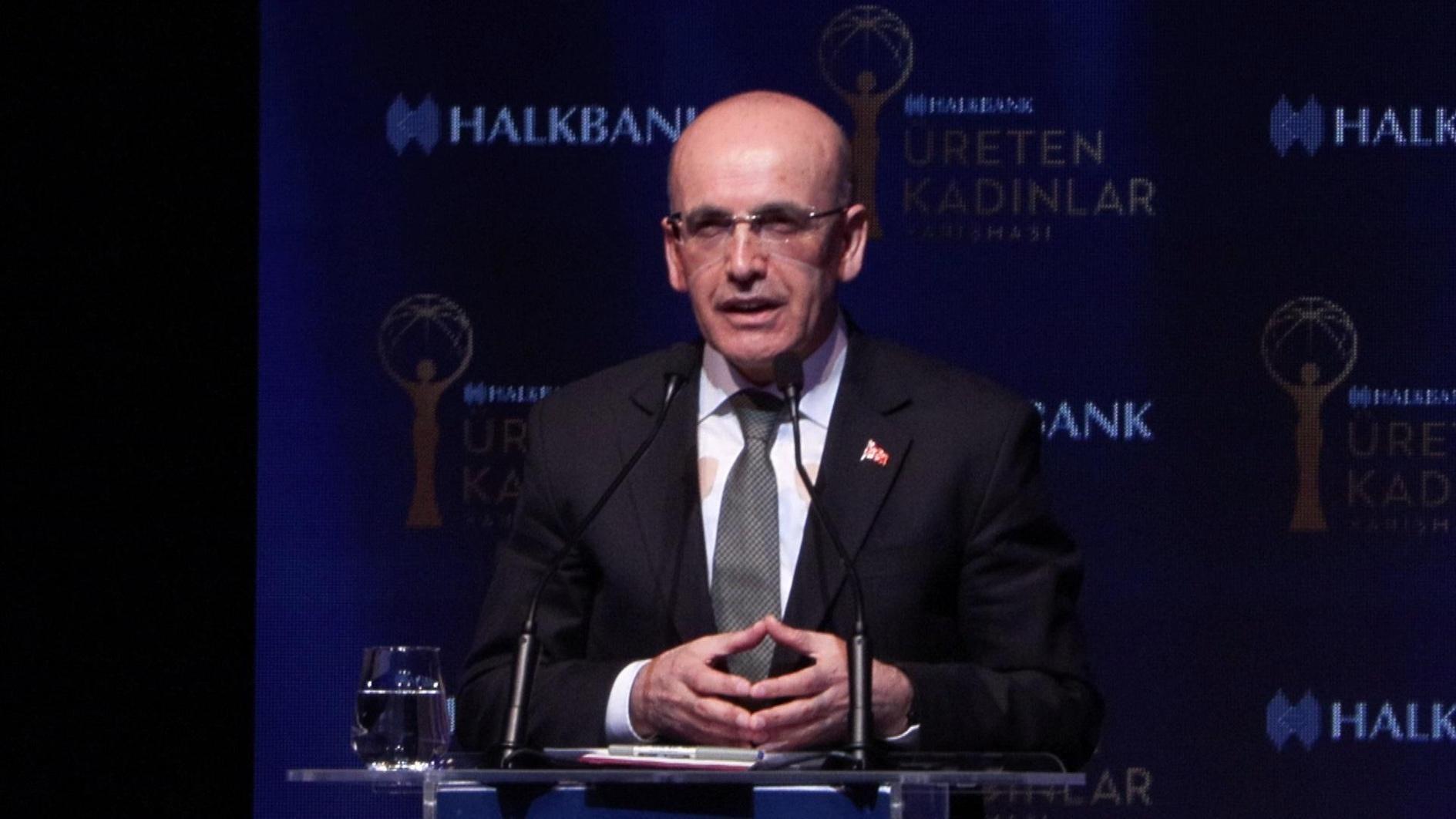Tapping the Foreign Ministry is no fun; its espionage
When two more recordings hit YouTube at lunch time on March 27 in Turkey, it was first thought to be another move within the eavesdropping fury in the country that has been occurring over the last two months.
It was not. This time, it was different. It was nothing to do with the corruption claims that began with the graft probe of Dec. 17, 2013, or Prime Minister Tayyip Erdoğan’s alleged interference in the workings of the pro-government media. It had nothing to do with the wiretappings made by authorities through court rulings and then leaked illegally.
This time, it was different. They were recordings from a top-secret meeting in the secure offices of the Turkish foreign minister.
The meeting was on March 13, 2014. It was an emergency meeting on national security. Its chair was Foreign Minister Ahmet Davutoğlu. Other participants were Foreign Ministry Undersecretary Feridun Sinirlioğlu, head of the National Intelligence Organization (MİT) Hakan Fidan and Gen. Yaşar Gürel, deputy chief of the Turkish General Staff.
The subject was Syria. The Tomb of Süleyman Şah, a unique, tiny piece of Turkish territory within Syria that serves as the final resting place of the founder of the Anatolian Seljuk state and the first Turkish polity in this region a thousand years ago, was under fire.
The violent organization of the Islamic State of Iraq and Levant (ISIL) had surrounded the area of the tomb, which was protected by an elite unit of Turkish Armed Forces. The Turkish military was on alert. If they had attacked the tomb, things could have gone totally out of control. What should Turkey do? What would be the contingency plans? That’s what they were discussing.
As of yesterday, everybody knew the Turkish Foreign Ministry had been compromised as of – at least – March 13.
The experts think the meeting room could have been eavesdropped on by means of advanced technology from within or the recordings of the ministry were hacked. The investigations will hopefully show which one is true.
But in any case, this is an act of espionage. Not because the Foreign Ministry statement afterwards called it “spying,” but it is espionage because of its nature. Were they the Gülenists, as PM Erdoğan implied during his election rally speech in Diyarbakır? (Fethullah Gülen, the U.S.-resident moderate Islamist scholar with a global network, was Erdoğan’s erstwhile-ally.) Was it another country in possession of such high technology? Does the timing have any relation to the indications that the Turkish government could come to a settlement with Israel right after the March 30 elections? All those important questions are now details. Tapping a secret security meeting of a country’s foreign ministry is espionage.
There are two more points to mention: At first, this can be considered as an example of MİT’s failure at providing an electronically secure environment for the government’s secret meetings. From now on, all Cabinet meetings and National Security Board (MGK) meetings will have question marks about them. Second, one of the first moves of the government regarding the worrying situation was to shut down YouTube access for Turkish citizens, perhaps thinking that stopping people from knowing what is happening in Ankara, which is effectively transparent to the country’s rivals, would help the situation.
This is a really worrying situation for Turkey.











